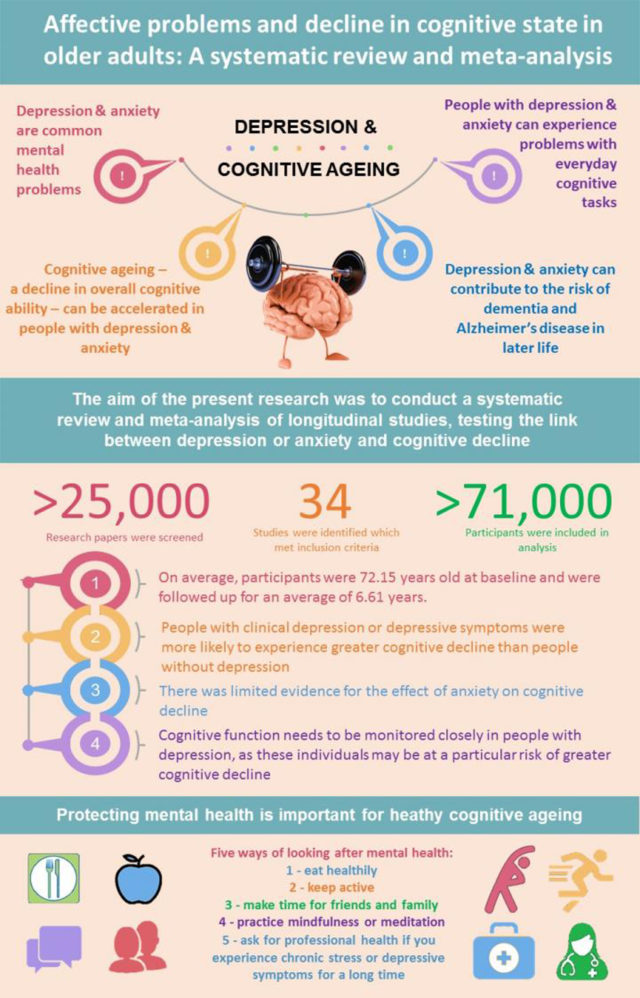The Failure To Weep Vs. Lack Of Ability To Feel
How can you tell if someone is emotionally detached?
Crying is the body's natural response to emotions that can be mentally and physically draining. When a strong cry triggers a headache, there are steps a person can take to help alleviate the physical pain, even if the emotional pain remains. When https://drive.google.com/file/d/1crNWcTW82251Q2HZpM3sFT5ycJyXms1x/view crying hard enough, many people will experience: a runny nose.
Anxiety can be a factor, as it can trigger people to experience emotional adjustments. Clinical depression, Wright claims, can come with "a flattened impact that doesn't allow people to physically feel their sensations (in spite of a mental perception that they should feel depressing)". This challenges a myth about anxiety-- that it simply implies feeling sad at all times-- when, in truth, some individuals with anxiety don't connect with their emotions in all. Whether you have an anxiousness problem or deal with stress and anxiety in general, anxiety can cause you to cry. Signs drug and alcohol treatment deerfield beach fl and symptoms of anxiousness can include having a sense of putting at risk threat, really feeling anxious or having trouble regulating fear.
Does crying make your eyes weak?
Symptoms of emotional detachment a lack of attention, or appearing preoccupied when around others. difficulty being loving or affectionate with a family member. avoiding people, activities, or places because they're associated with a past trauma or event. reduced ability to express emotion.
How long can the human body cry for?
Crying can help protect your eyes These particles are often too small for us to see, however, they can and do make their way into our eyes. https://docs.google.com/forms/d/e/1FAIpQLSdt9_zhpOvehoL35dI29yivUzG_3mnxs0fapJ3x6rEAyaPKsA/viewform This can cause irritation and potentially harm our eyes and in turn, our vision.
Individuals that have actually experienced a dehydration migraine say the pain seems like a pain. It might worsen when you relocate your head, stroll, or flex down.

- They may have a hard time being a caring relative, or they may avoid places, individuals, and activities connected with previous traumas.
- This can result in troubles in producing as well as keeping individual connections.
- They are additionally at a raised risk for numerous anxiousness and anxiety conditions.
- The inquiry of the function or origin of psychological tears stays open.
- Their dissociation can result in lack of attention and, hence, to memory troubles as well as in severe cases, amnesia.
PMS. Premenstrual syndrome (PMS) can trigger a variety of emotional as well as physical signs and symptoms. Women hormones, such as estrogen and also progesterone, can affect feelings as they change throughout the month previously and also throughout your menstrual cycle.

Females have a tendency to cry more than guys, also in societies where it's acceptable for men to sob. Crying more than is normal for you might be a sign of anxiety or a neurological condition. Roughly 80 percent of people with clinical depression boost substantially with treatment.
Is emotional detachment a mental illness?
Research has found that in addition to being self-soothing, shedding emotional tears releases oxytocin and endorphins. These chemicals make people feel good and may also ease both physical and emotional pain. In this way, crying can help reduce pain and promote a sense of well-being.
Sobbing doesn't just take place in response to something sad. Often you may sob when you are extremely pleased, scared, or stressed. Researchers at Yale University think crying in this way might help to bring back emotional balance.
Splits are the factor individuals experience drippy noses when they sob, as several of the tears are entering their nasal flow. Tension frustrations do not generally create added symptoms.
How long can a person cry?
As such it is a deliberate mental attitude which avoids engaging the emotions of others. Emotional detachment can also be "emotional numbing", "emotional blunting", i.e., dissociation, depersonalization or in its chronic form depersonalization disorder.